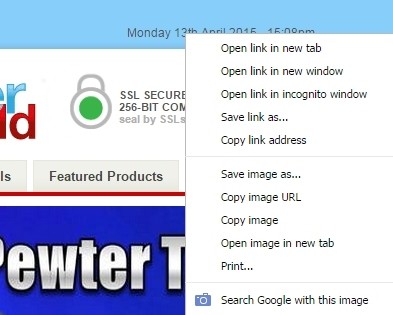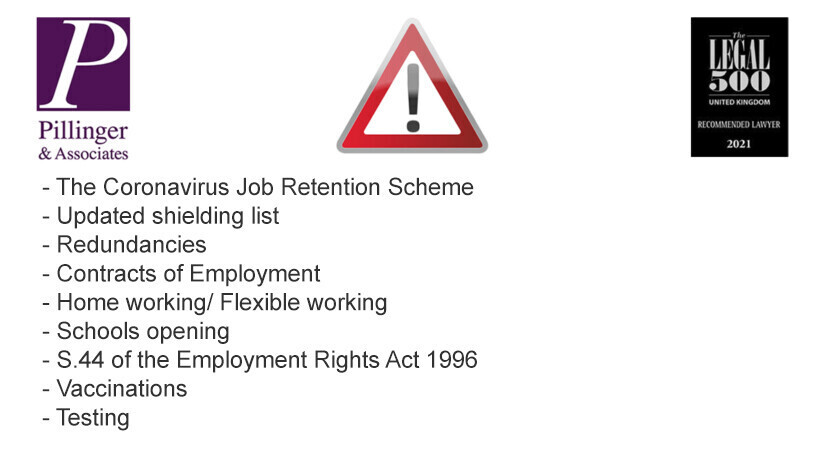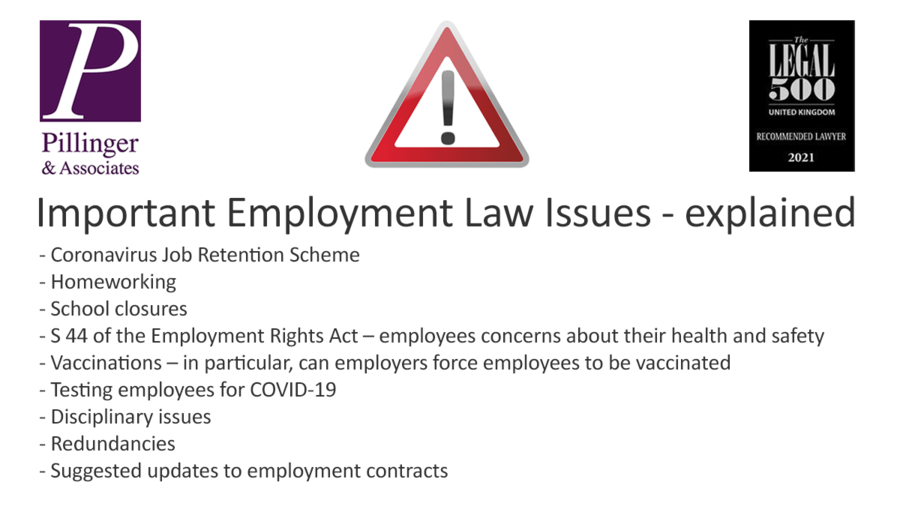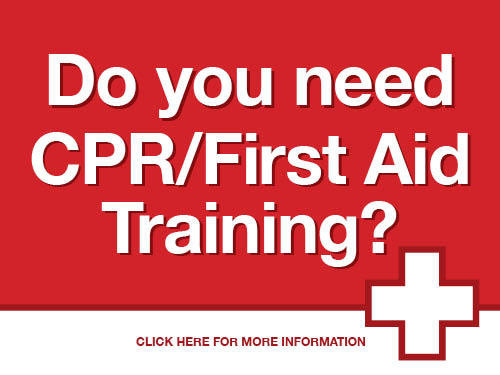 Sometimes, understanding rules and regulations that affect business can cause a headache.
Sometimes, understanding rules and regulations that affect business can cause a headache.
Certain agencies are in place to help businesses meet compliance – however, finding clarity can be as much a challenge as finding the required information from the outset.
Our corporate clients occasionally report to us that information was delivered to them from competition which conflicts HSE regulations, and we are more often still told that they are confused by what exactly is required to remain compliant.
To bring clarity to the entire situation, we made the decision to keep everything as simple as possible, and aim high to guarantee no leaks can be found within our customers organisations should they ever be required to answer to the HSE or similar body during an inquest.
We sincerely hope this post is informative, and brings a bit of Centric clarity to your business.
What regulations guide businesses in regards to First Aid in the Workplace?
In England and Wales, 'The Health and Safety (First Aid) Regulations 1981', as produced by the HSE. More information can be found here: www.hse.gov.uk
Wasn't this amended recently?
It certainly was! The HSE brought about the biggest change to the regulations since it was first formed.
In a nutshell, The HSE is no longer responsible for regulating those who deliver training – this means that the company seeking out training needs to ensure the training provider it uses meets the basic criteria to provide a compliant course. This is known as 'Due diligence'.
Does this cause problems and more confusion?
Yes, in our experience, it does. Since the regulation change there has been an influx of sole traders starting who do not meet the criteria, offering courses which were once regulated. Their training for ‘qualifications’ fall short of any expected standard, which potentially could cause future problems for the employing company, who unwittingly employs them.
On the other hand, it has given the opportunity for small enterprises to start without having to hit a high bench mark, and who can deliver perfectly good training, meeting all the due diligence check points, thus making course access easier, and competition more fair.
How can we as a company ensure we get the right training partner?
The easiest way is to check the companies due diligence checklist – to ask them up front if their courses are compliant for a companies HSE provision.
Most reputable training providers offer an accredited course through an awarding body – which ensures that partner operates under the same system as previously prescribed by the HSE.
We’re just a small company, we don’t need to worry about First Aid right?
You’re right, you don’t need to worry about it, but you do need to think about it – and act appropriately.
The HSE states:
“The minimum First Aid provision on any work site is:
- A suitably stocked First Aid Kit.
- An Appointed Person to take charge of First Aid arrangements.
- Information for employees about First Aid arrangements.”
To that end, even if your company comprises of 2 people in an office, you still need a First Aid kit, someone to take charge during an incident, and an information board.
Whether or not you could expect any comeback during a normal company life from the HSE from such a small setup is debatable, however, should an injury or illness occur in the workplace, and that provision is not met, you can guarantee problems for failing in your duty of care as an employer, worse still, the injured party could miss out on life saving action which, for the sake of a short course and a First Aid kit would be a tragedy.
You do not, in the latest HSE publication require a qualified First Aider for such a small business – however, for all the right reasons, it is highly advisable, and forms part of responsibly running a company. If your organisation deals with the public, or has one of several other conditions, you DO require a qualified First Aider.
 For all organisations, we offer a free course on behalf of the British Heart Foundation called ‘Heartstart’. This is not suitable for meeting compliance – and is not a compliant course in the eyes of HSE, but it does teach the very basics of life support until help arrives. It’s also a good opportunity to bond a team together, and goes part of the way to promoting a duty of care.
For all organisations, we offer a free course on behalf of the British Heart Foundation called ‘Heartstart’. This is not suitable for meeting compliance – and is not a compliant course in the eyes of HSE, but it does teach the very basics of life support until help arrives. It’s also a good opportunity to bond a team together, and goes part of the way to promoting a duty of care.
Most commonly this course is taught to additional co-workers on the back of Centric certifying the companies designated First Aiders with a course such as 'First Aid at Work'
So there’s quite a few courses, which one is right for us?
Every time, we suggest the ‘First Aid at Work’ course. It is a 3 day (18 hour) course, and is valid for 3 years. We suggest this, without viewing your individual company, because it’s a good cover-all course. The only other consideration is how many staff require this training, and this is dependent on companies risk assesment, and size.
There are other courses though, such as ‘Emergency First Aid at Work’ (EFAW). This is a 1 day course, and meets the basic requirements.
This handy table acts as a good guide on meeting compliance:
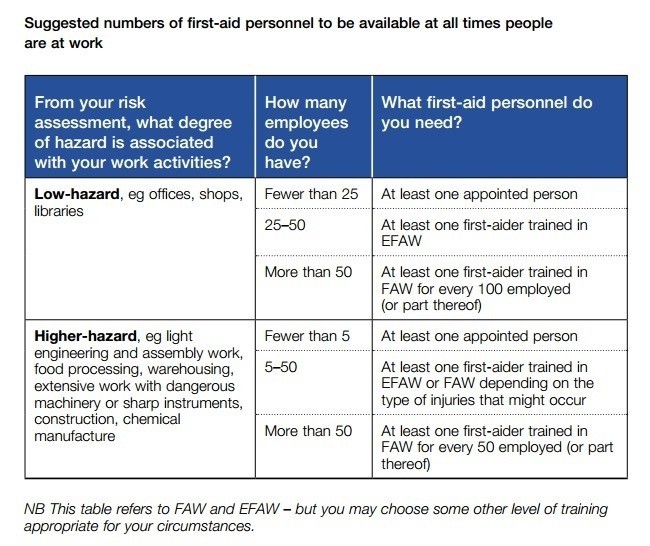
What about First Aid kits?
There are specifically designed First Aid kits which reflect the amount of people on site, they state on the package that they are HSE compliant for 25 people, 50 people etc.
Certain companies, specifically large attractions and manufacturing plants, and those employing a significant amount of people on site may require a First Aid room, and even a full time member of staff whose sole purpose is to work within that section.
Centric can assist with the establishment of First Aid provisions from a small First Aid box through to an entire Medical Centre. We can also assist with emergency planning and resilience.
I’ve suddenly realised we don’t have anyone qualified to deliver First Aid in our Workplace!
You’re not alone. Many businesses haven’t even considered this vital area of compliance. It is important, and it is in the businesses best interests to achieve the minimum standards, more so, to exceed them. Training providers such as Centric can assist with delivering training at an affordable rate, and with convenience to your company.
Summary
'Meeting and Exceeding' the HSE regulations / requirements needn't be an unachievable challenge. With the right training partner assisting you make informed decisions, gaining compliance is pretty straightforward.
Centric First Aid Training covers the whole of England and Wales - it even can train staff overseas or in remote locations, such as on board cruise ships - mid cruise, which, for this particular business, means their staff down time is minimal. We simply embark at one port, and depart at another!
Each class can hold a maximum of 12 students, and Centric can run up to 6 classes at the same time without outsourcing. Centric can teach on your site, or within a local community resource (Education Centre). Often companies only have one or two candidates for a course, and this is fine - it is possible to collaborate with other businesses to increase course size, which makes the training a superb networking event!
For more information, visit www.centricuk.com or telephone, Freephone: 0800 096 45 44. This number is available 24 Hours a day, 7 days a week – as is our training.
